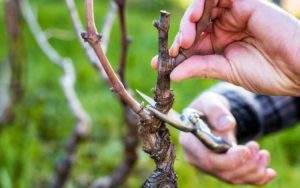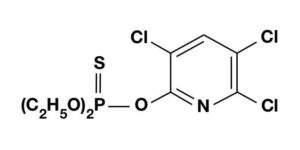The application of compulsory integrated pest control involves the adoption of techniques for prevention, containment and control of weeds, the use of biological means against parasites and the use of agropharmaceuticals that present a lesser danger to humans and the environment.
The guidelines for integrated defence, the implementation of models to be followed and the information section are the responsibility of the relevant ministries in each Member State.
For the available plant protection products, the agropharmaceutical database had to be updated. The Regions will have the task of receiving the ministerial provisions, implementing the Regional Action Plans (PAR) and dissemination systems for companies. They will also have to activate the territorial structures to organize technical assistance on plant protection, also thanks to the support of the new CAP 2014-2020 that will support technical advice.
Agricultural holdings will have to take over all the legislative obligations regarding the limitations of the number and types of interventions and the adaptation volumes and the observance of the intervention thresholds provided for by the integrated defence. For them it will be possible to further adhere to the quality mark SQNPI – National Quality System of Integrated Production – which is an integrated agriculture of superior and certified level that requires compliance with very precise specifications. Farmers must have access to a real information network that updates them on meteorological data, return times and information bulletins.

